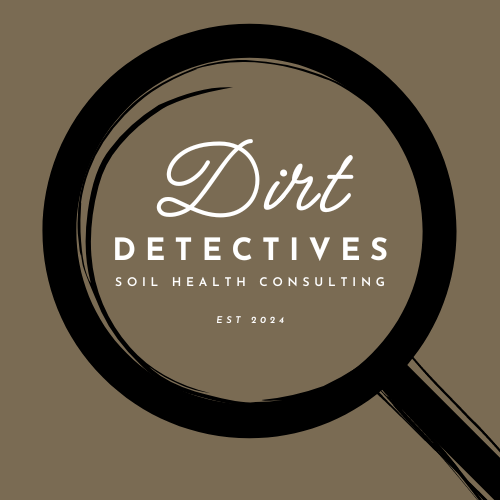
Frequently Asked Questions
Why Conduct a Soil Health Test?
Simple observation can tell us a lot about the health of soil, but a soil health test can tell us in-depth information about how microbiology is functioning and how nutrients are being cycled by the microbiome in your soil. This is crucial information when growers are looking at ways to improve their soil health. While soils across New Mexico do have some common traits, there will always be variables that are specific to your soil, and we need to look at those so that you can identify the specific needs of your own soil.
What will the soil health test tell me?
The soil health test provides standard metrics like pH, organic matter, nutrient levels, and amendment recommendations. It also measures microbiological activity, plant-available nitrogen, and organic nitrogen for plant-microbe conversion. Additionally, it assesses organic carbon breakdown, water-stable aggregates for soil structure, and gives a Soil Health Score to track overall soil health over time.
When should I test my soil?
The ideal time to test soil is when soil temperatures are between 50 and 75 degrees, because this is the temperature range at which microbiology is most active. It’s also helpful to test soil before planting new cover crops or applying soil amendments so that the next time you test your soil, you can see how those applications have impacted your soil health.
How often should I test my soil?
When doing soil health tests, I find that it is useful to at least conduct annual tests so that you can see what’s working and what may need improvement from season to season. It can take several years to successfully increase soil health and build new topsoil, so annual monitoring can help you make sure you’re on the right track to meeting your soil health goals and make adjustments where necessary.
How is a soil test conducted?
Using a soil probe or a shovel, we will take a minimum of five 6” core samples or slices of soil per testing site/field. The cores or slices will be collected in a bucket and mixed together, and about 1 lb of that soil will be placed in a sample bag which will be shipped the same day (if possible) to the laboratory. Using the soil probe allows us to be the most precise and consistent in our sample collection process and lends itself to the least soil disturbance. If soil is particularly hard and compacted or very loose, the probe may not work as well, in which case a shovel will be used instead and the utmost care will be taken to disturb the soil as little as possible.
Who analyzes the soil samples?
All soil health tests are analyzed at Ward Laboratories in Kearney, NE. I partner with Ward Laboratories for conducting soil health tests because they are a small team who is dedicated to providing growers with practical knowledge to help them in building the fertility and health of their soil. The markers they analyze on their tests reflect this, offering farmers both chemical and physical markers to give clearer understanding of soil health.

